White Fang is a novel by Jack London, published in 1906. Here’s an overview:
Author
— Jack London was an American author, journalist, and social activist, renowned for his adventure novels and stories that often explore themes of survival, nature, and the human condition.
Overview
White Fang tells the story of a wild wolf-dog’s journey from the wilds of the Yukon Territory to domestication. The novel is set during the Klondike Gold Rush and follows White Fang’s life as he navigates the harsh realities of nature and the complexities of human relationships.
The narrative is divided into several parts, depicting White Fang’s experiences in the wild, his encounters with both cruel and kind humans, and his struggle for survival. Through these experiences, London explores themes of nature versus nurture, the instinctual behaviors of animals, and the impact of environment on character.
Key Themes
— Survival and Instinct: The struggle for survival in a harsh environment and the instincts that drive animals and humans alike.
— Nature vs. Nurture: The influence of environment and upbringing on behavior and character development.
— Friendship and Loyalty: The bonds formed between humans and animals, and the capacity for love and loyalty.
— The Duality of Man: The contrasting aspects of human nature, from brutality to compassion.
Reception
White Fang has been widely acclaimed and remains one of London’s most famous works. It has been praised for its vivid descriptions of nature and its deep exploration of the animal psyche. The novel has been adapted into various films, television series, and other media over the years.
Target Audience
Ideal for readers of all ages, particularly those interested in adventure, nature, and animal stories.
White Fang is a powerful tale of resilience and transformation, capturing the essence of the wild and the complex relationship between humans and animals.

































































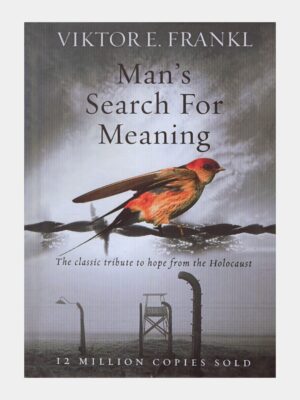
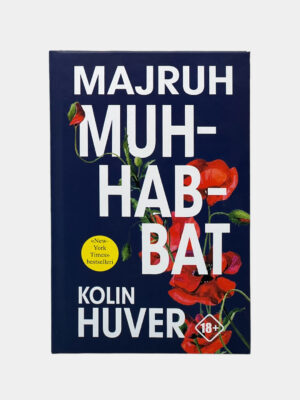













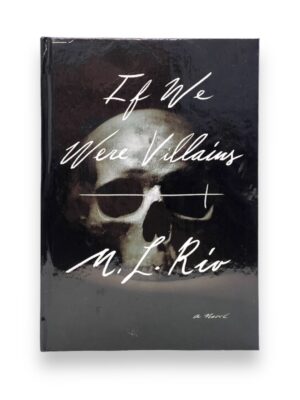






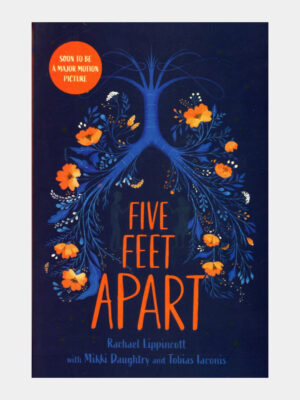
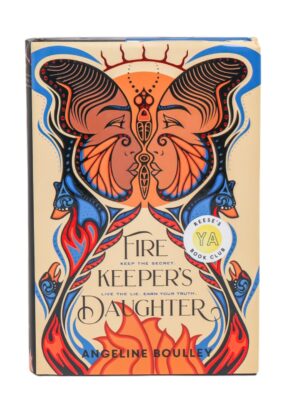











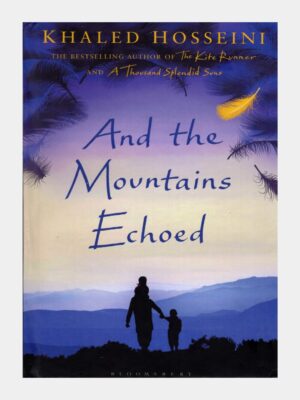





Отзывы
Отзывов пока нет.